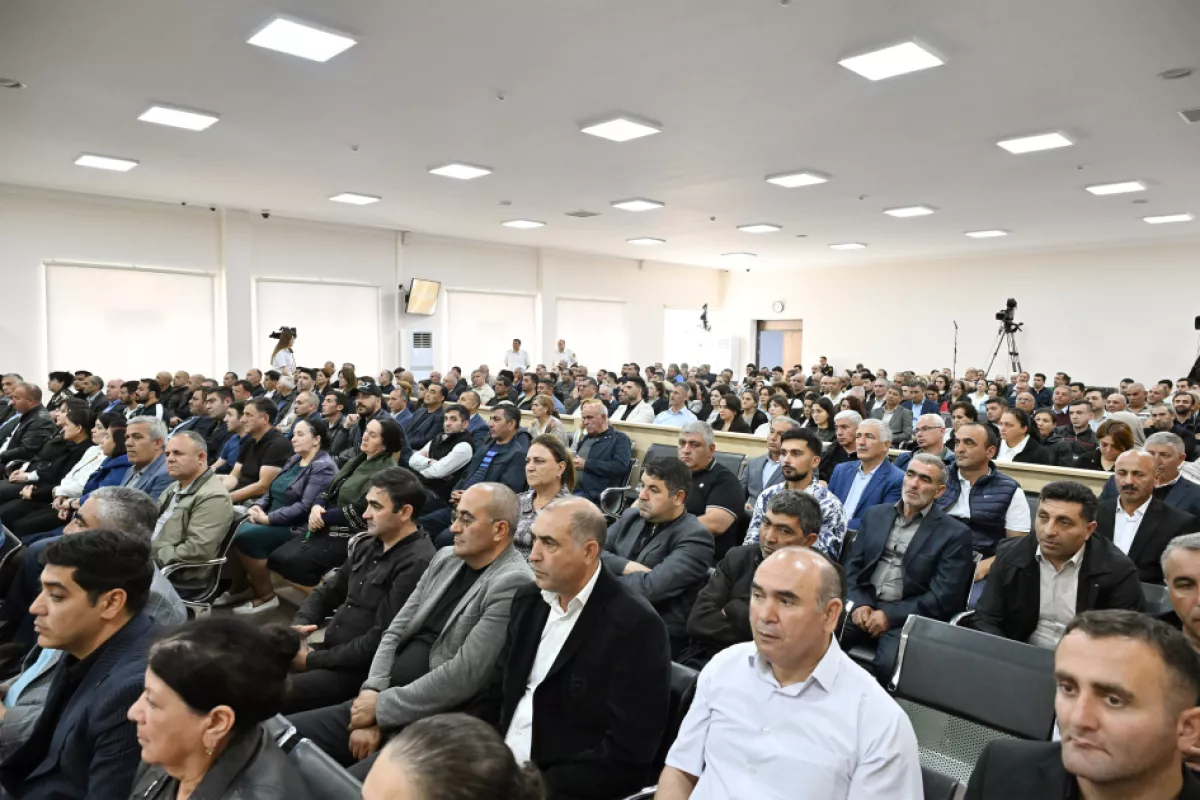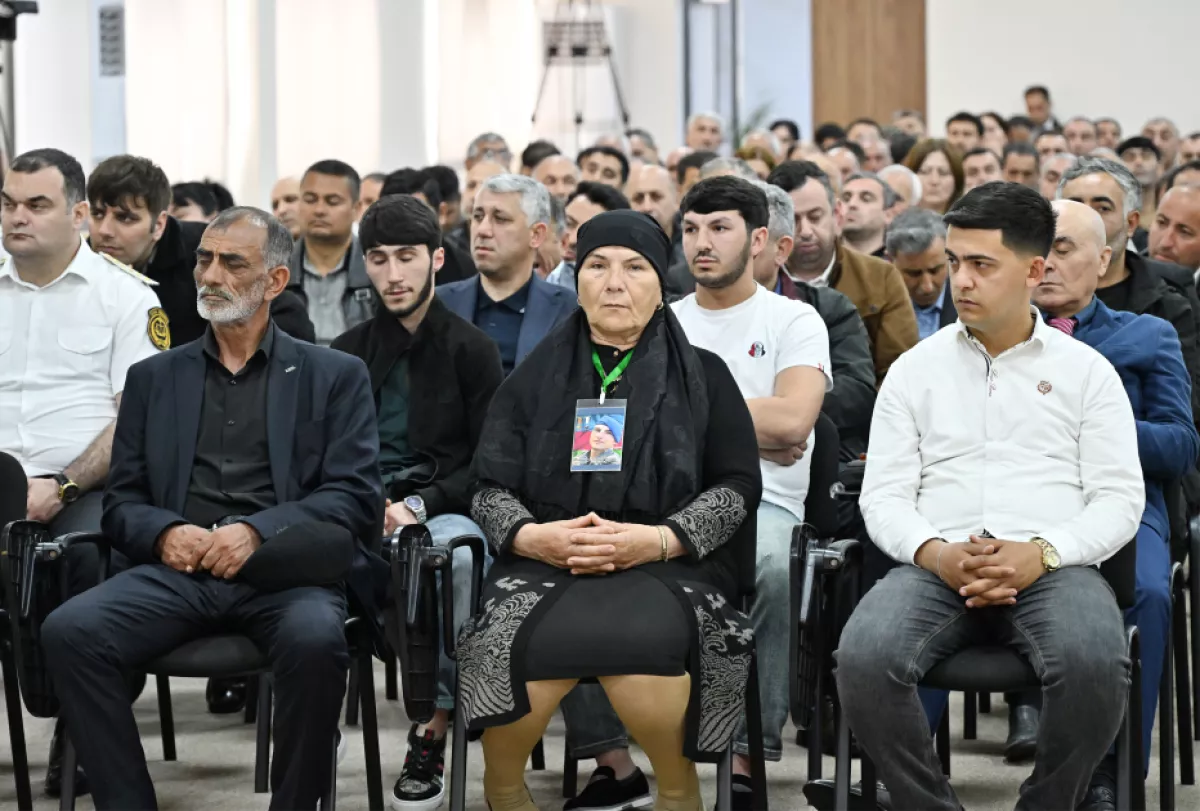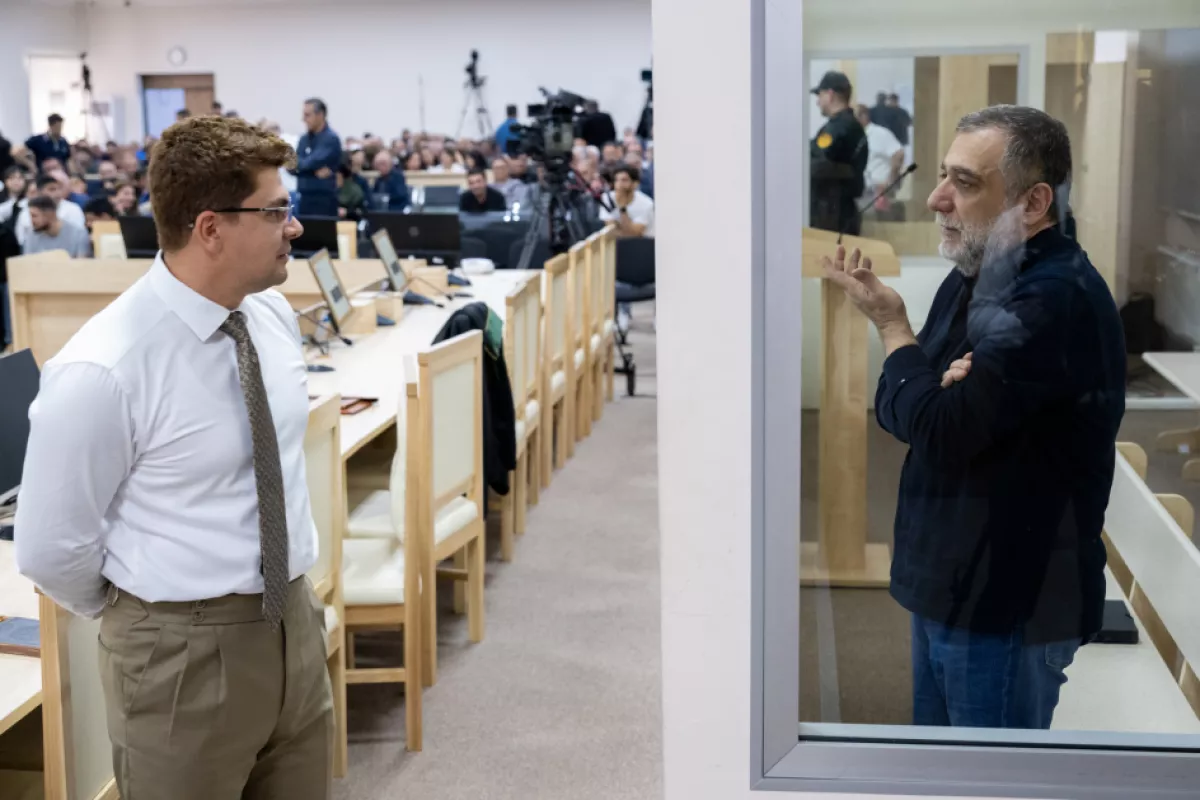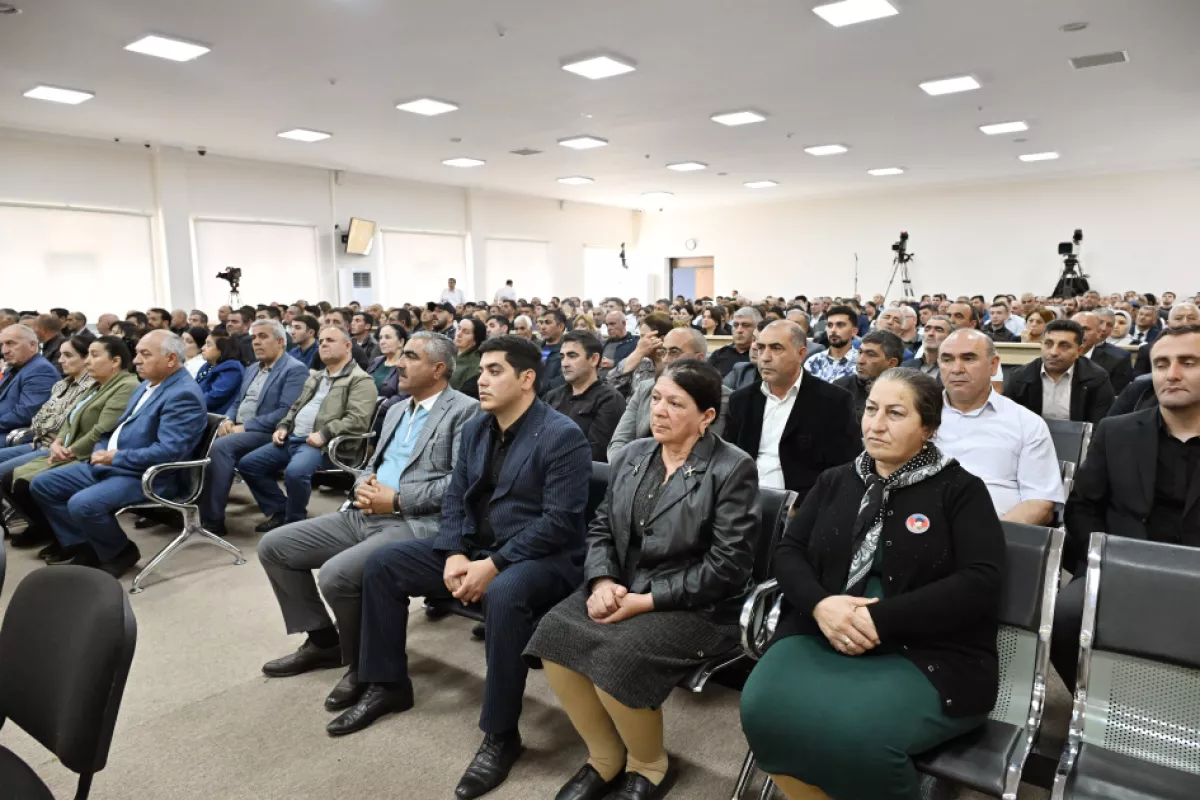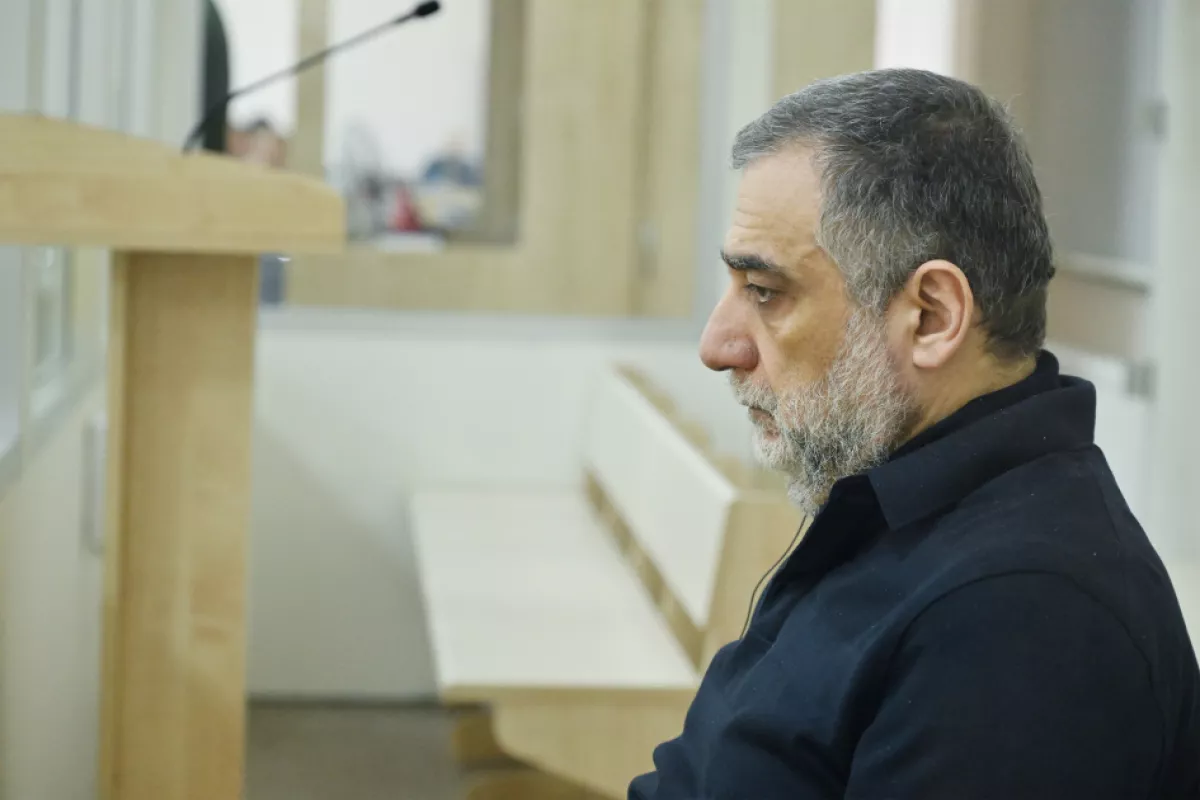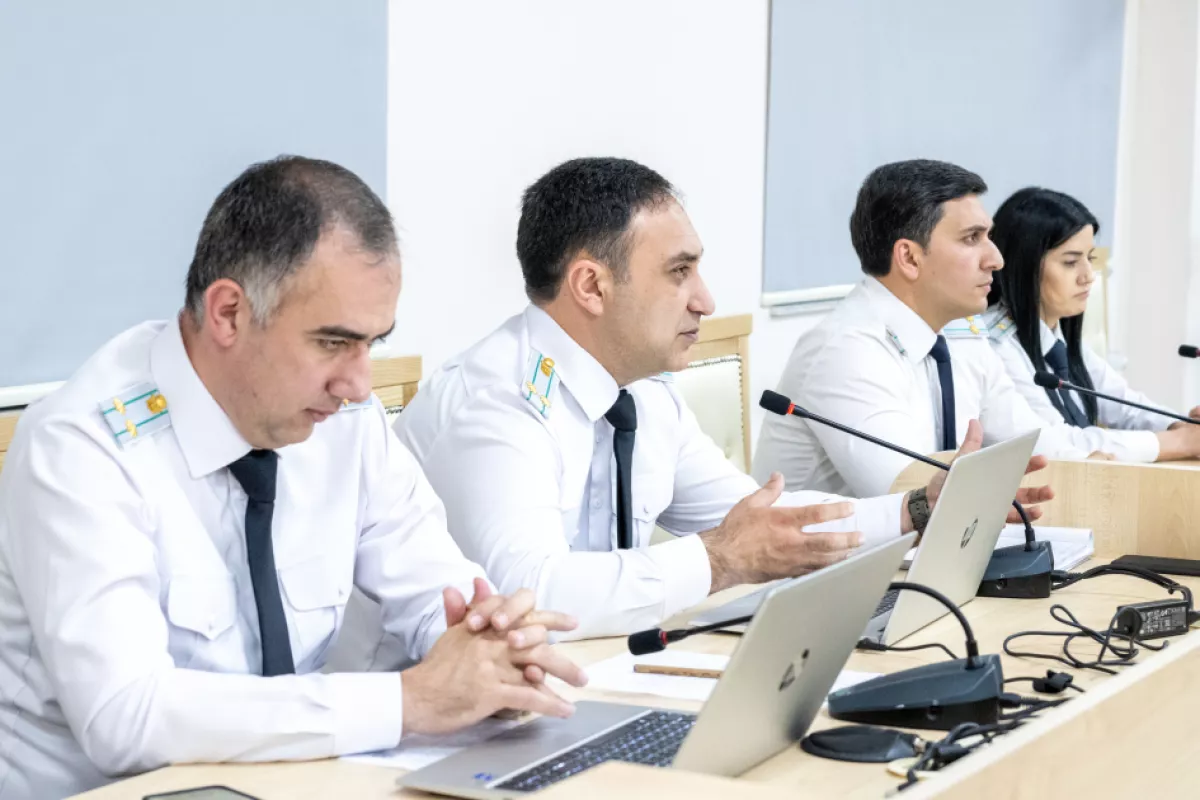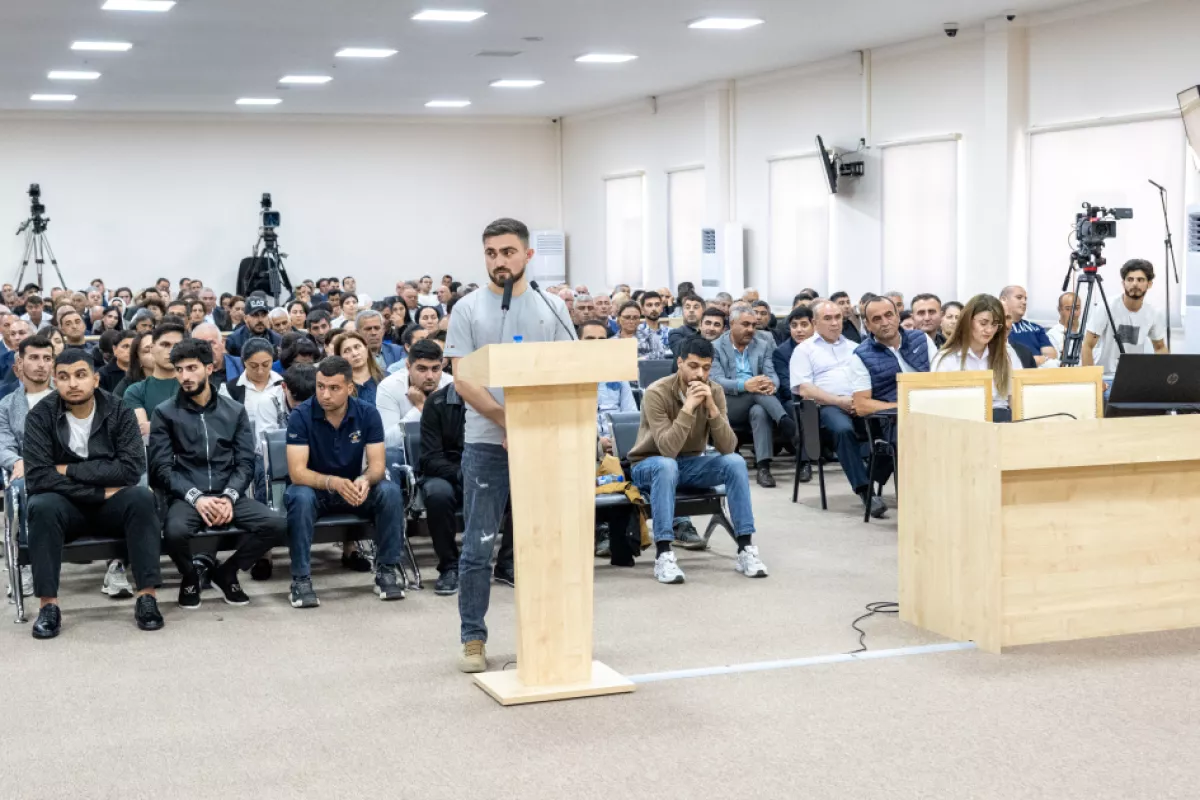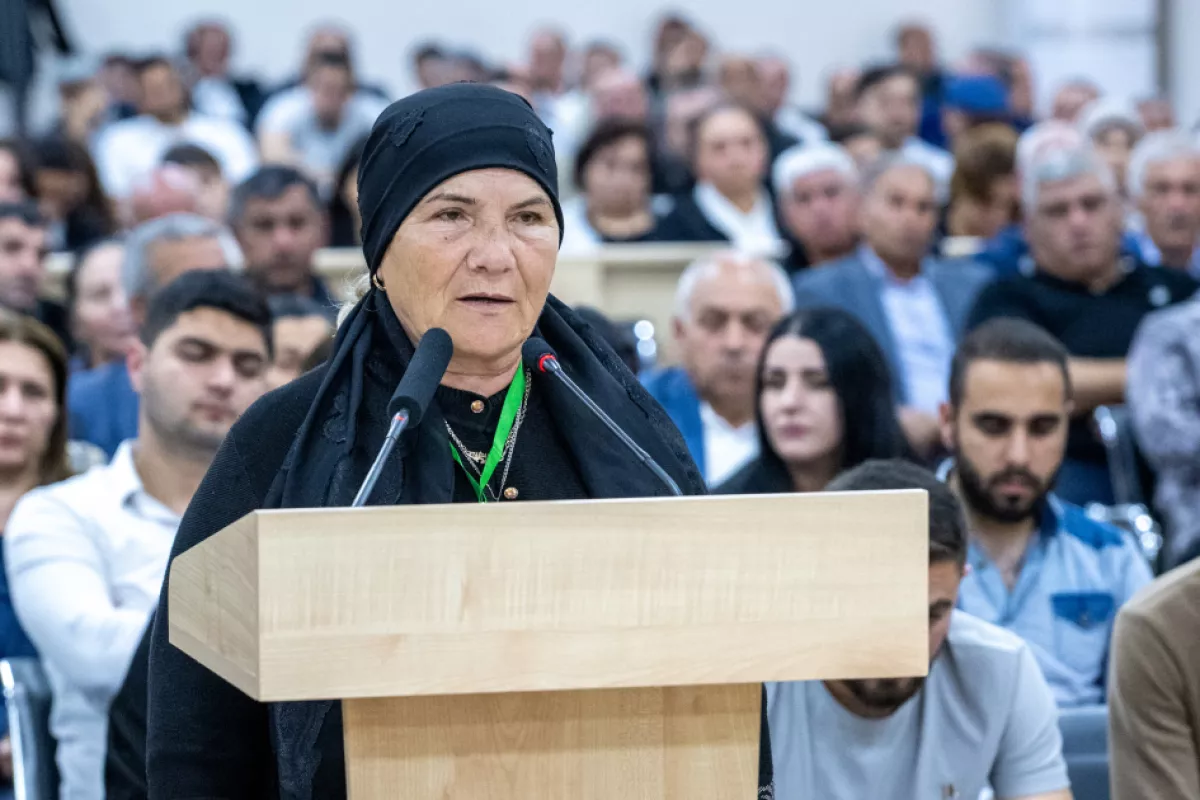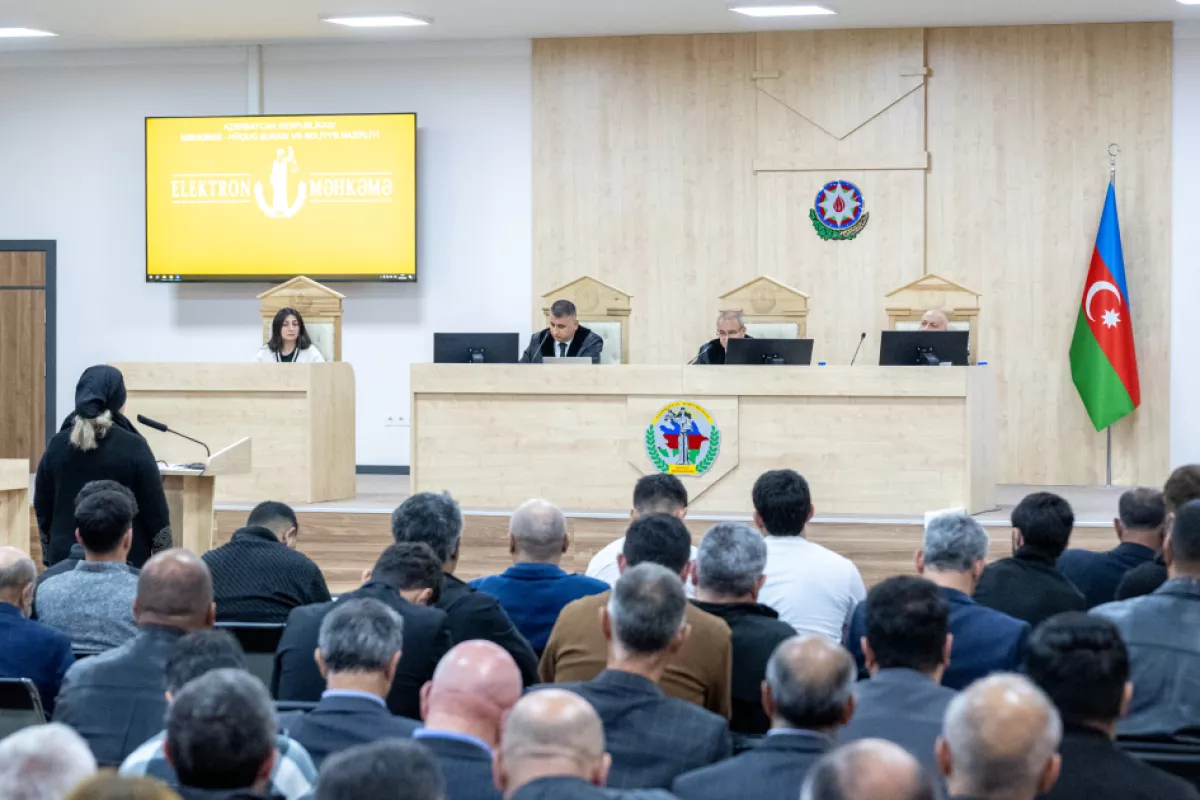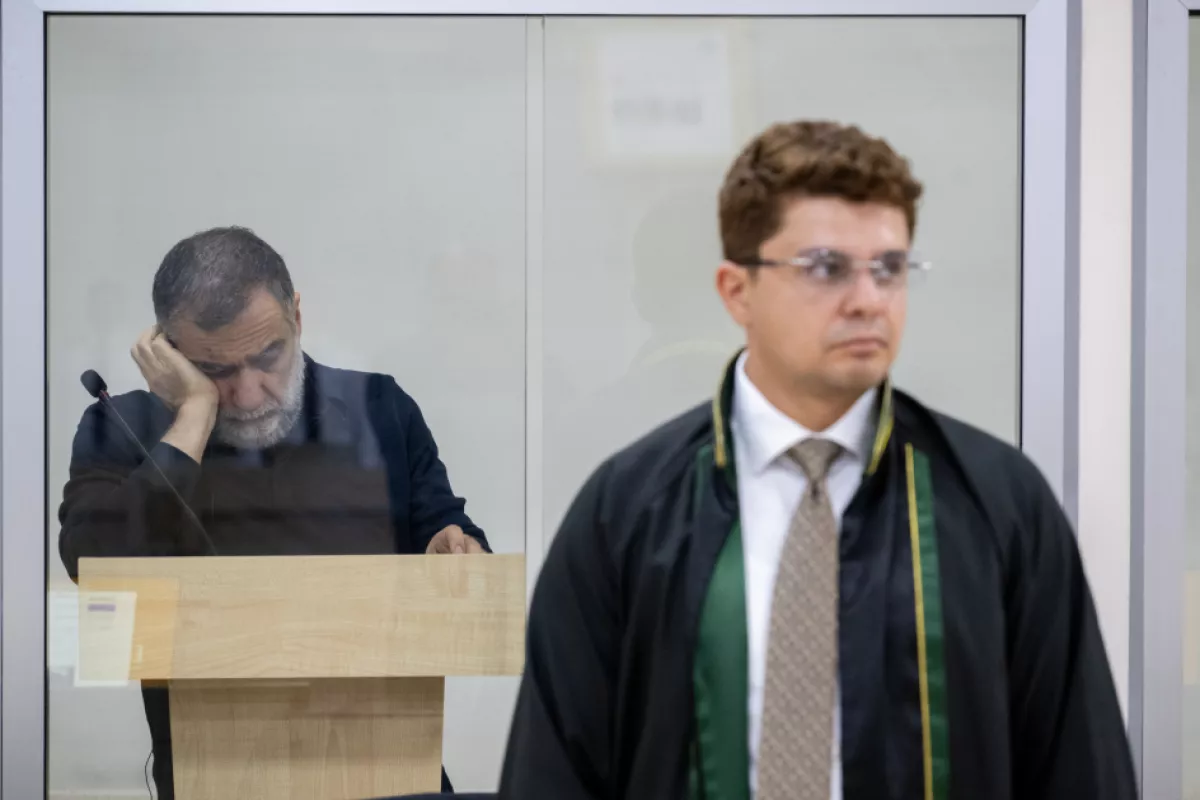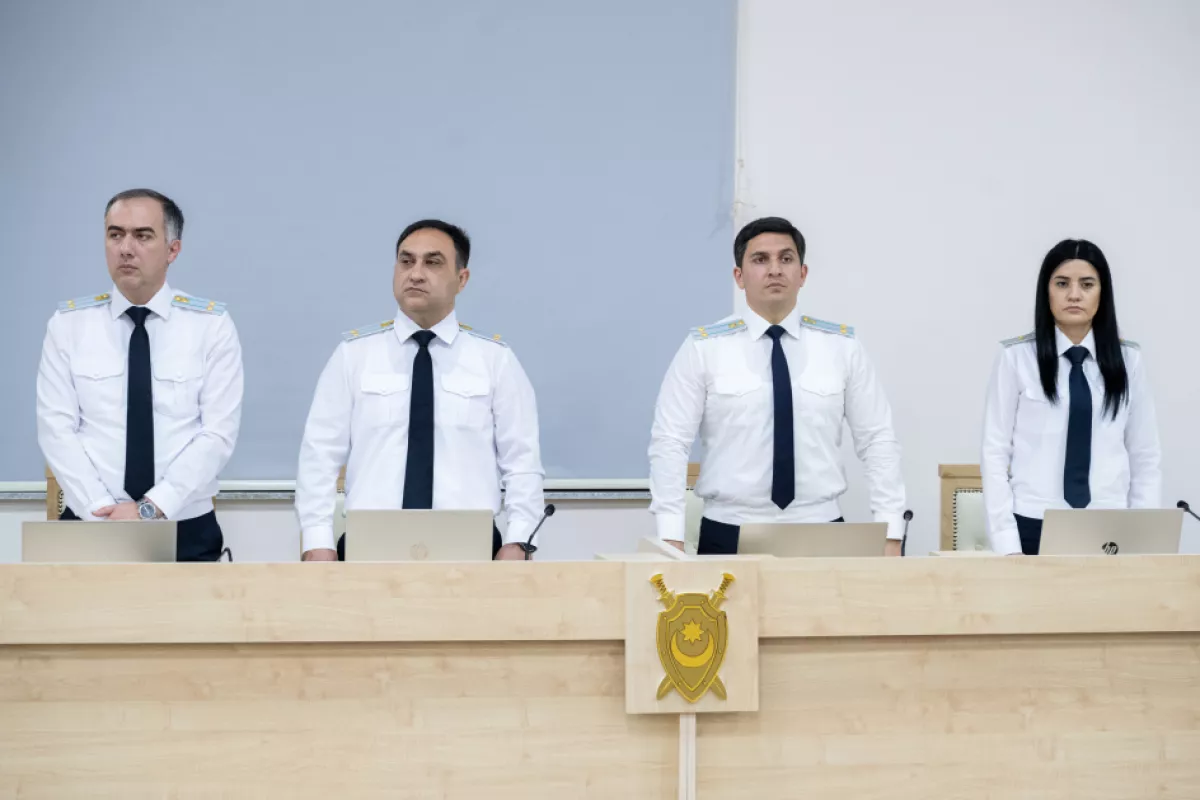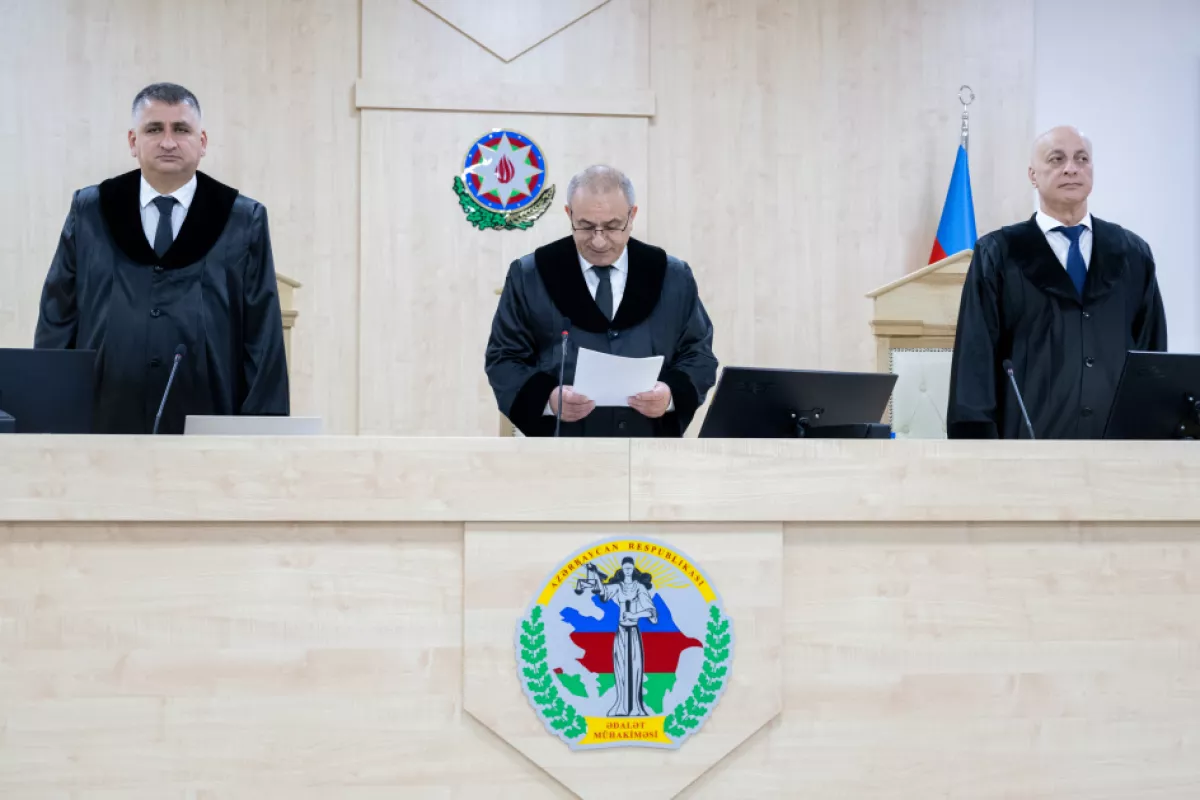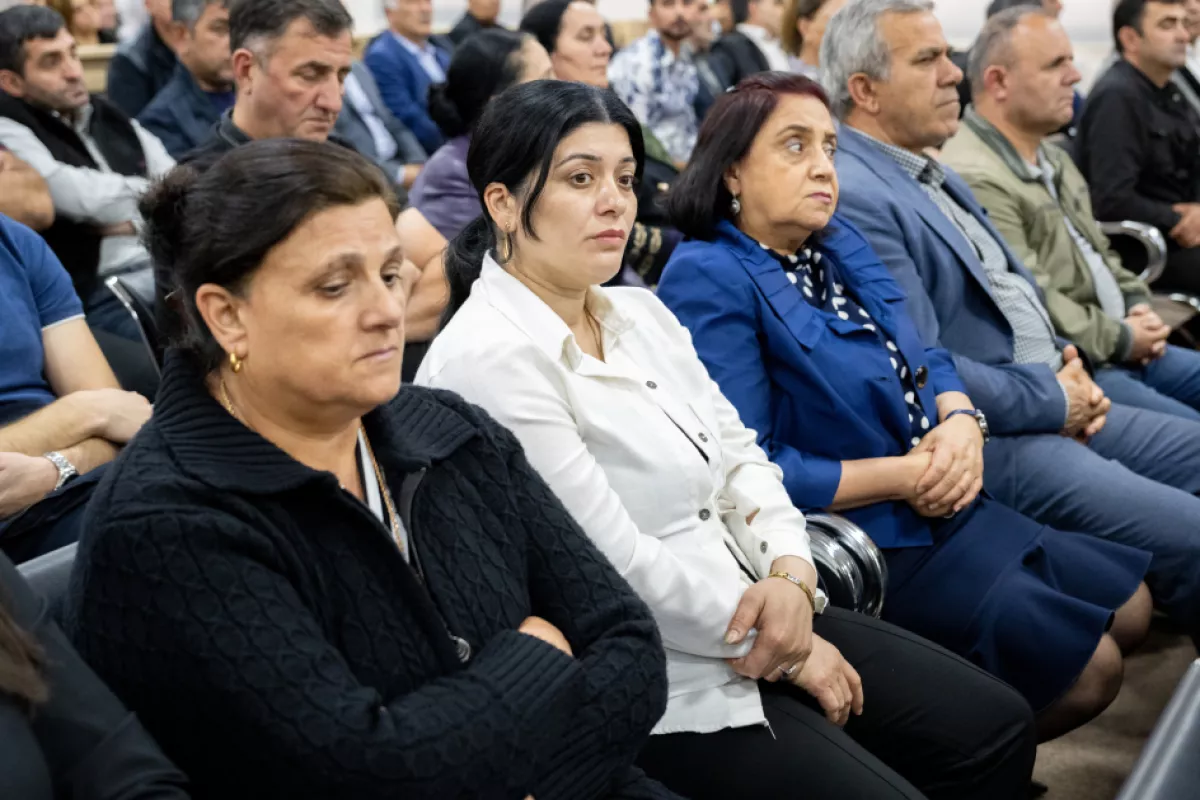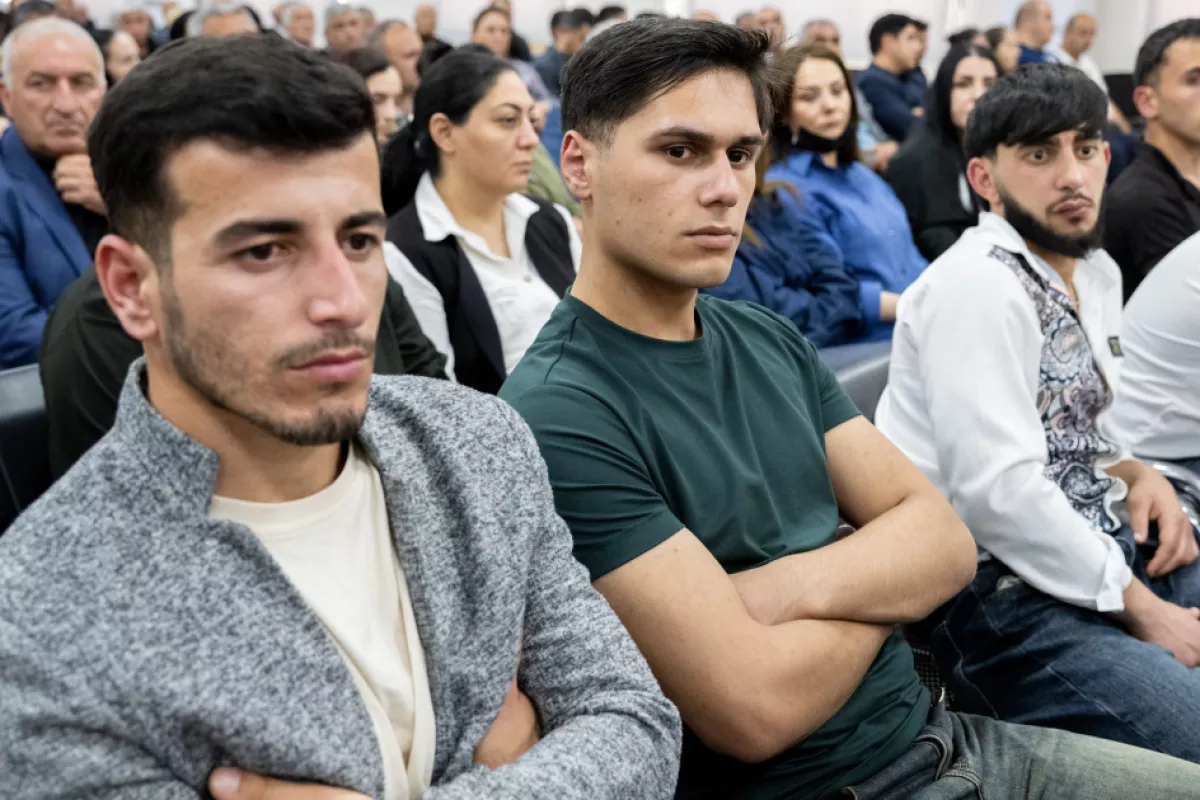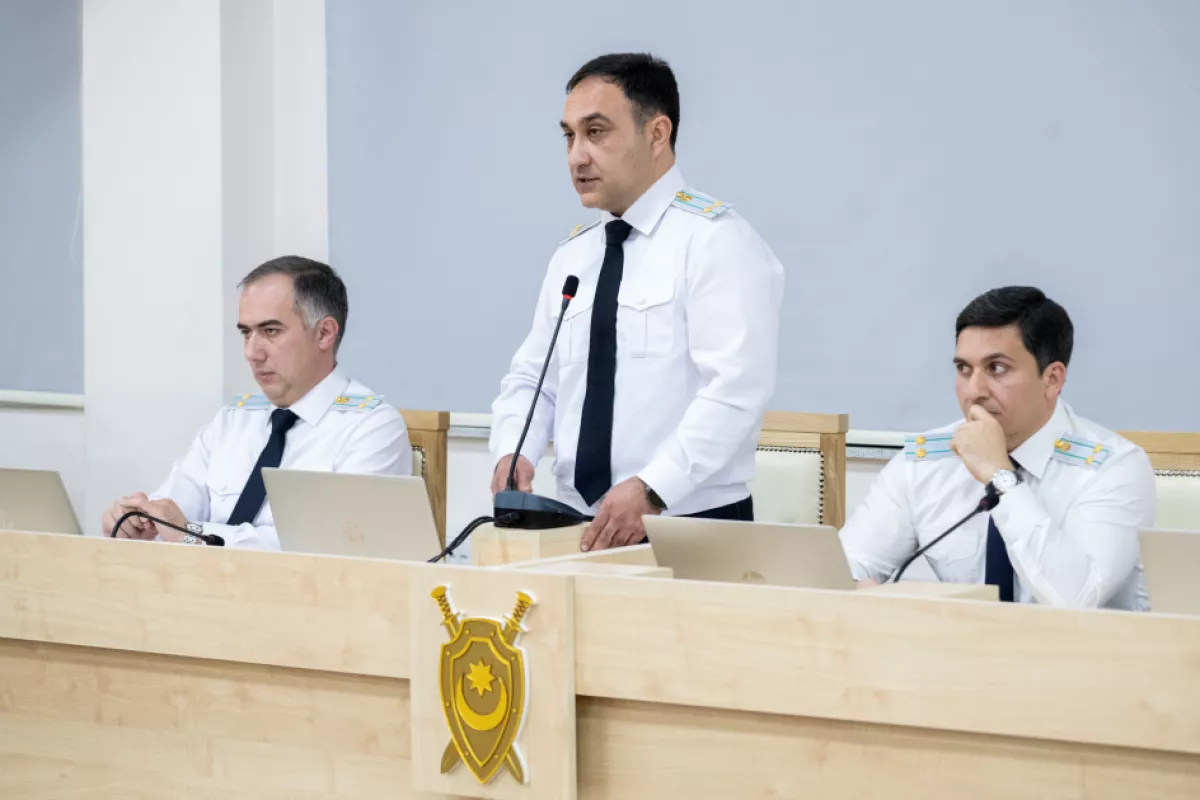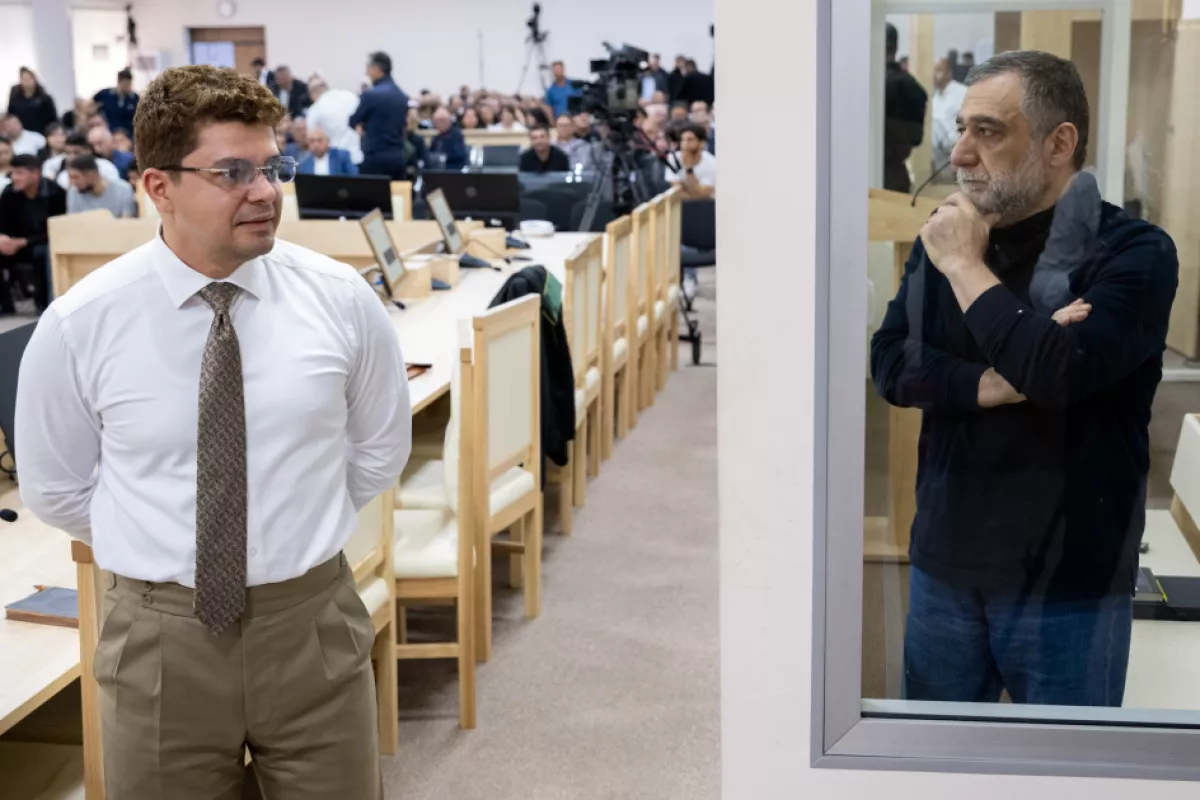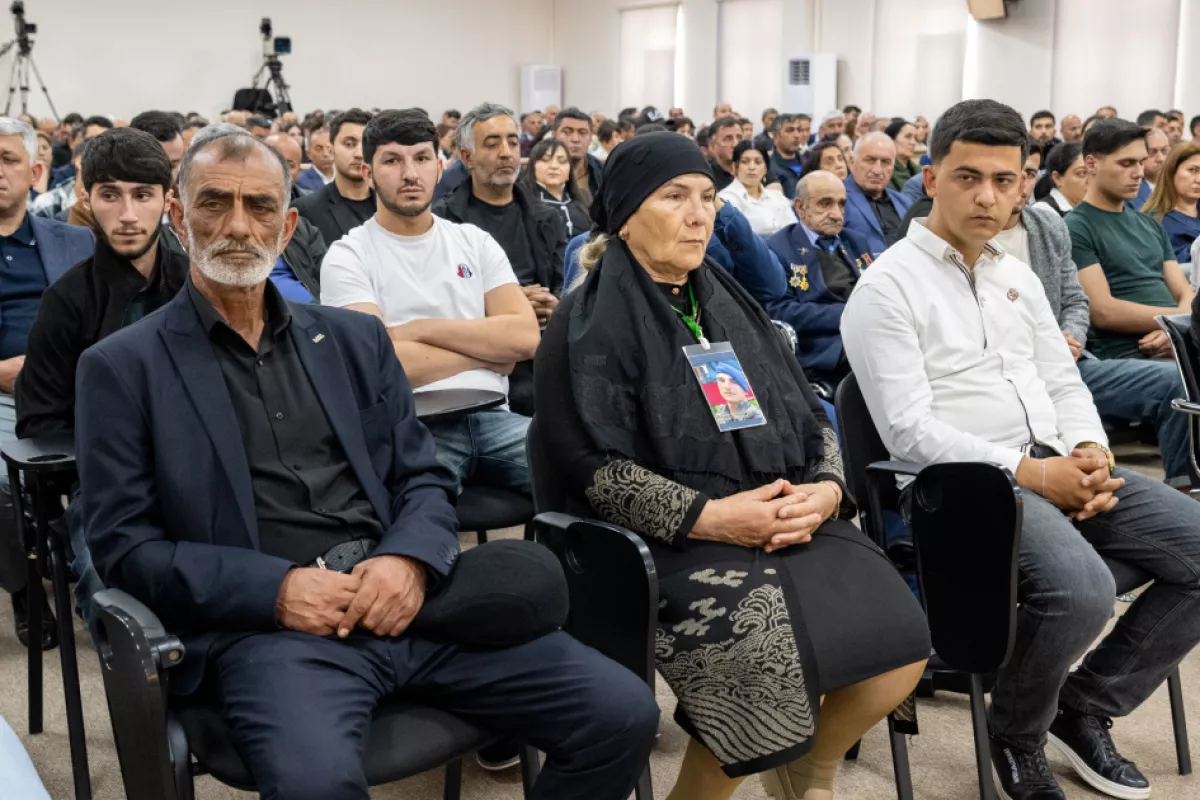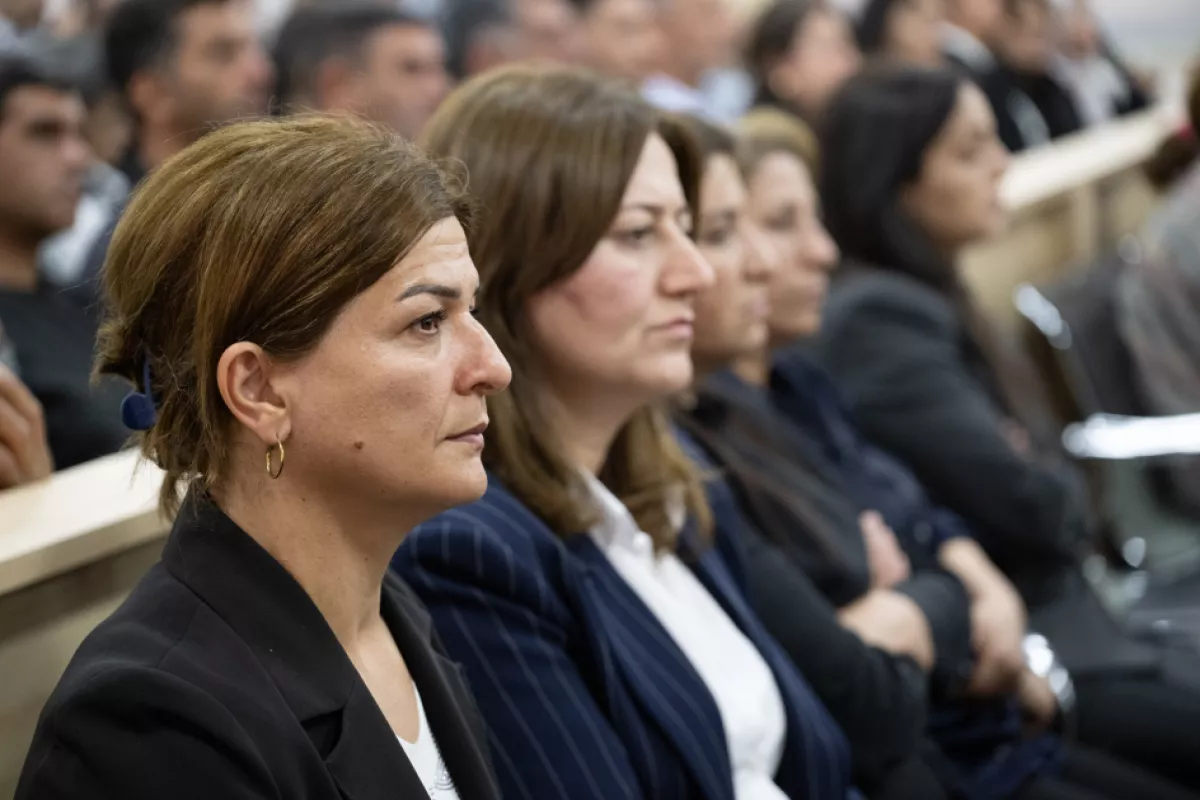Ruben Vardanyan trial continues in Baku amid fresh objections to judicial panel PHOTO
The trial of Armenian national Ruben Vardanyan, facing a series of grave charges including terrorism, torture, and war crimes under Azerbaijan’s Criminal Code, resumed on May 20 at the Baku Military Court. The proceedings were marked by renewed protests from the defense over alleged judicial bias, as victims and their legal representatives delivered harrowing testimony about the consequences of armed provocations.
The session was presided over by Judge Zeynal Aghayev and a panel of judges consisting of Anar Rzayev and Jamal Ramazanov (reserve judge Gunel Samadova). The accused who was provided with an interpreter in the language of his choice, i.e. Russian, as well as lawyers for his defense, once again protested the composition of the judicial panel, Caliber.Az reports, citing local media.
His lawyer, Avraham Berman, supported the protest, raising concerns about impartiality. However, the prosecution maintained that all procedural rights of the defendant had been upheld and pointed out that the defense failed to produce any concrete evidence indicating judicial bias or conflict of interest. Prosecutors accordingly requested that the motion for recusal be dismissed.
Victims participating in the proceedings also urged the court not to uphold the protest.
Following deliberations, the court ruled to leave the motion without consideration. Judge Aghayev, in announcing the decision, emphasized that the defense had not presented substantial evidence to support the claim of partiality within the judicial panel.
The session then proceeded with the testimonies of victims and their legal successors. Among them, Makhfura Hasanova, the legal successor of Umid Hasanov, recounted that her son had died as a result of a large-scale provocation carried out in Kalbajar by remnants of Armenian armed forces and illegal formations. Similarly, Shadman Mammadaliyev stated that his brother Niyazi had been killed during armed fire in the direction of Aghdam-Aghdara-Sirkhavand.
Several victims—including Zaur Sadigov, Ali Shikhaliyev, Peyman Jabbarov, and Zahid Gojayev—testified to having sustained gunshot wounds during clashes in Kalbajar. Victims Ilkin Musazada and Salman Imranzada reported injuries from hostile fire in Khojavand, while Suleyman Asadullayev and Ramin Balakhanli spoke of injuries caused by explosive devices in the Aghdara and Khojaly districts respectively.
Additional testimony was provided by Vusal Aliyev, who was wounded during provocations in Lachin. He named two Azerbaijani casualties—Joshgun Zulfuzada and Mirtalib Aghazada—resulting from the same incident. Farhad Ismayyilli, also wounded in the Lachin district, stated that the enemy had used tracer bullets, mortars, and anti-tank weapons.
The session included the reading of forensic medical examination results on the victims.
The next court hearing in the ongoing trial is scheduled for May 27.
To recall, Ruben Vardanyan is charged with crimes under Articles 100.1, 100.2 (planning, preparing, initiating and waging a war of aggression), 107 (deportation and forced displacement of the population), 109 (persecution), 110 (forcible disappearance of persons), 112 (deprivation of liberty contrary to international law), 113 (torture), 114.1 (mercenary activity), 115.2 (violation of the laws and customs of warfare), 116.0.1, 116.0.2, 116.0.10, 116.0.11, 116.0.16, 116.0.18 (violation of international humanitarian law during armed conflict), 120.2.1, 120.2.3, 120.2.4, 120.2.7, 120.2.11, 120.2.12 (intentional murder), 29,120.2.1, 29,120.2.3, 29,120.2.4, 29,120.2.7, 29,120.2.11, 29,120.2.12 (attempted intentional murder), 192.3.1 (illegal entrepreneurship), 214.2.1, 214.2.3, 214.2.4 (terrorism), 214-1 (financing of terrorism), 218.1, 218.2 (creation of a criminal group), 228.3 (illegal acquisition, transfer, sale, storage, transportation and possession of firearms, their components, ammunition, explosives and devices), 270-1.2, 270-1.4 (acts threatening aviation safety), 278.1 (forcible seizure or retention of power, forcible change of the constitutional structure of the state), 279.1, 279.2, 279.3 (creation of armed formations or groups not provided for by law) and 318.2 (illegal crossing of the state border of the Republic of Azerbaijan).
By Vafa Guliyeva




